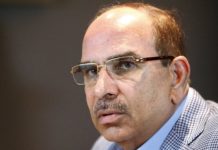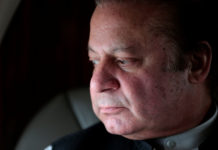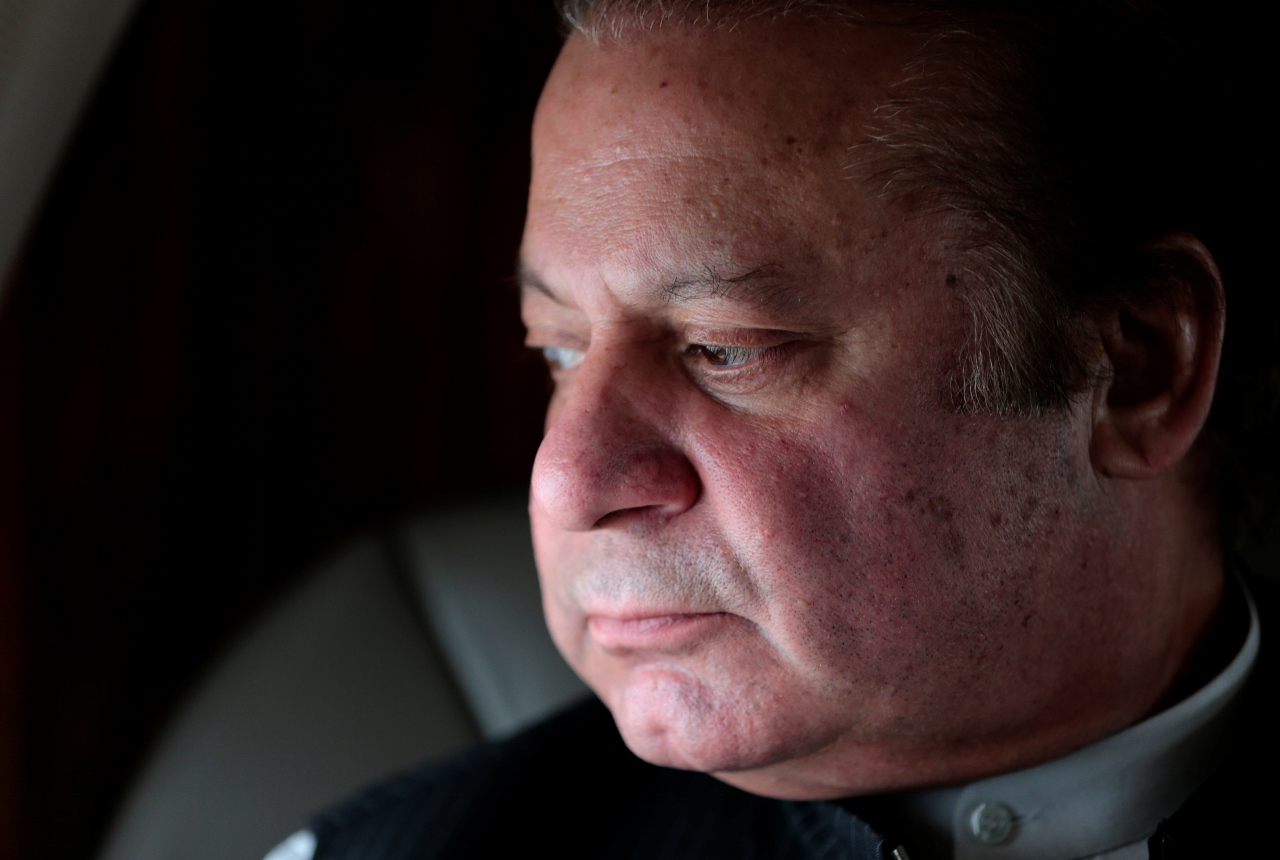 Friday the 13th certainly proved unlucky for Pakistan’s deposed former prime minister Nawaz Sharif. The Supreme Court disqualified from holding office for life amid an ongoing corruption trial and ahead of general elections due this year.
Friday the 13th certainly proved unlucky for Pakistan’s deposed former prime minister Nawaz Sharif. The Supreme Court disqualified from holding office for life amid an ongoing corruption trial and ahead of general elections due this year.
The Supreme Court barred Sharif, 67, from politics earlier in July over an undeclared source of income, but the veteran leader maintains his grip on the ruling Pakistan Muslim League-Nawaz (PML-N) party, even though he is no longer its leader.
Friday’s ruling addressed an ambiguity over whether he was barred for life or for a specific period for not being honest. The ruling was an interpretation of a constitutional article that has been used to remove legislators from office before, a senior lawyer said.
Sharif and his family have called the corruption proceedings a conspiracy, hinting at intervention by the military, but opponents have hailed them as a rare example of the rich and powerful being held accountable. The military denies any such intervention.
Information Minister Maryam Aurangzeb told reporters “nameless and faceless people” had interfered to orchestrate Sharif’s political demise and the downfall of the PML-N.
“Now they disqualified (Sharif) for life. But people of Pakistan will decide whether the disqualification of an elected prime minister is for one day or for life,” she added.
Sharif is currently appearing before an accountability court in Islamabad on other charges linked to London properties his family owns – proceedings ordered by the Supreme Court last July – that could see him jailed if found guilty.
Sharif has served as prime minister three times and each time was removed from office – in 1993 by presidential order, in 1999 by a military coup that saw him jailed and later exiled before returning when General Pervez Musharraf stepped down, and in 2017 over the corruption probe.
His allies have called the proceedings a political vendetta.
Sharif was also removed as head of the party he founded when the courts overturned a legal amendment by PML-N lawmakers in February that allowed him to remain party president despite being disqualified from public office.
Despite not being party leader, Sharif has considerable sway over the workings of the PML-N and enjoys the support of its core leadership.












